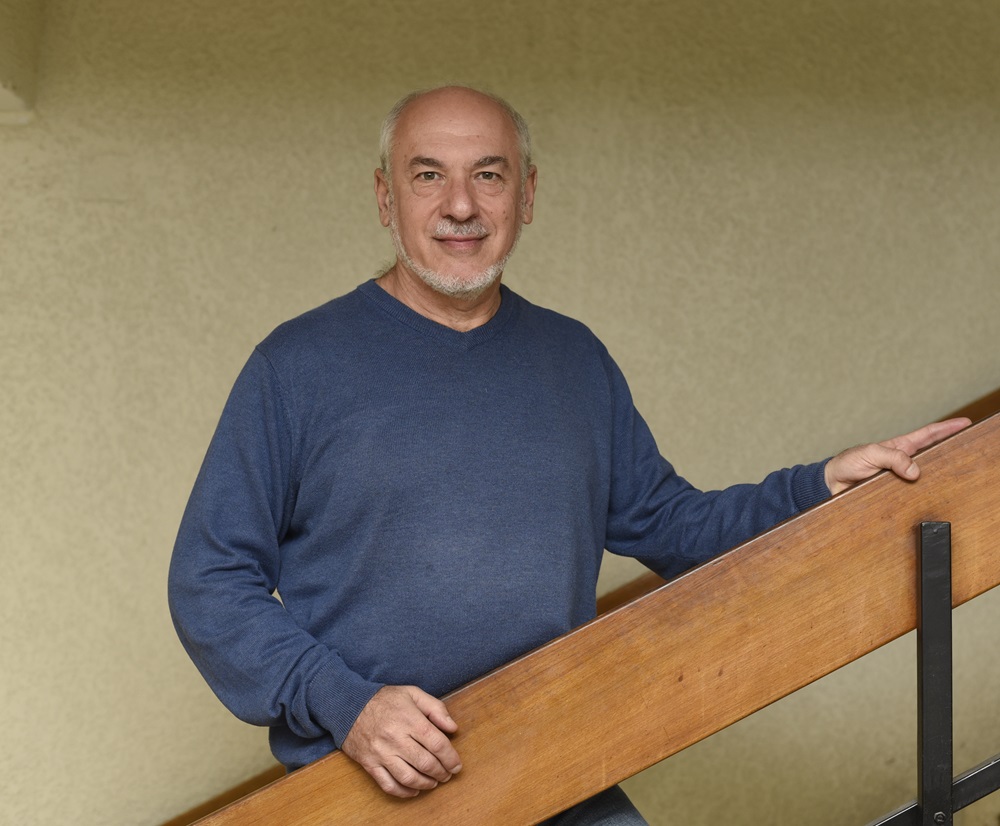News & Events
News

30 November 2024
Targeting the Intracellular Proteome
Targeting peptide-MHC complexes derived from the intracellular proteome represents an exciting and largely untapped resource for developing novel cancer immunotherapies
Exploring TCR-like antibodies as a powerful tool for targeting cancer cells by recognizing intracellular proteins.
A recent study by RTICC-affiliated member Prof. Yoram Reiter of the Technion Faculty of Biology, highlights a significant advancement in cancer immunotherapy, focusing on the use of T-cell receptor-like (TCRL) antibodies to target the vast intracellular proteome. This approach offers a new avenue for developing treatments that can eliminate cancer cells with greater precision.

Traditional immunotherapies have concentrated on targeting surface antigens of cancer cells, but these represent only a small portion of the cancer proteome. The groundbreaking research, published in Frontiers in Immunology, reveals that intracellular proteins, presented on the surface of cancer cells through peptide-MHC class I molecules, provide a largely untapped reservoir of potential targets for cancer treatment. By focusing on these intracellular-derived peptides, the study expands the scope of immunotherapy and enhances the precision with which cancer cells can be attacked.
The study emphasizes the use of TCRL antibodies, which mimic the specificity of T-cell receptors and can recognize these intracellular peptides. This strategy has already shown success, with two therapies recently receiving FDA approval for the treatment of metastatic uveal melanoma and synovial sarcoma. The findings suggest that TCR- and TCRL-based therapies, such as adoptive cell transfer and bispecific T-cell engagers, could revolutionize cancer treatment by effectively targeting previously inaccessible cancer antigens, leading to more potent and precise elimination of malignant cells.
The significance of this research lies in its ability to expand the horizon of immunotherapy by targeting the intracellular proteome, offering new hope for treating cancers that have been difficult to address with conventional methods. As TCRL- and TCR-based therapies continue to advance, they are poised to play a transformative role in the future of cancer treatment.




